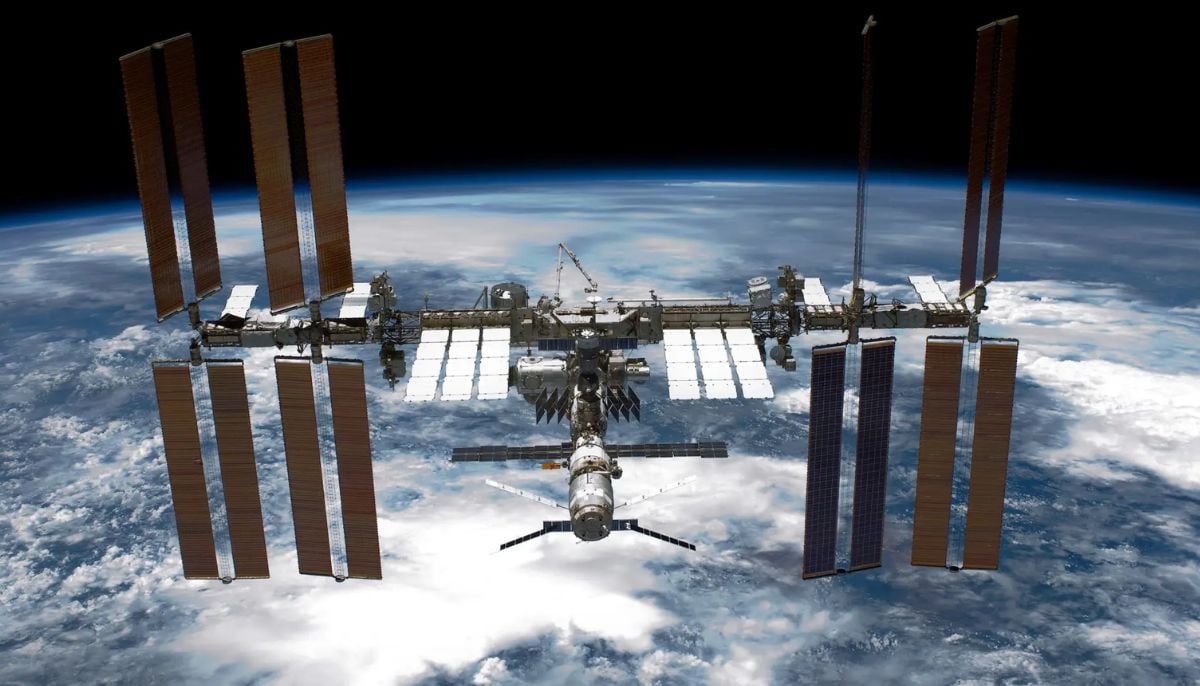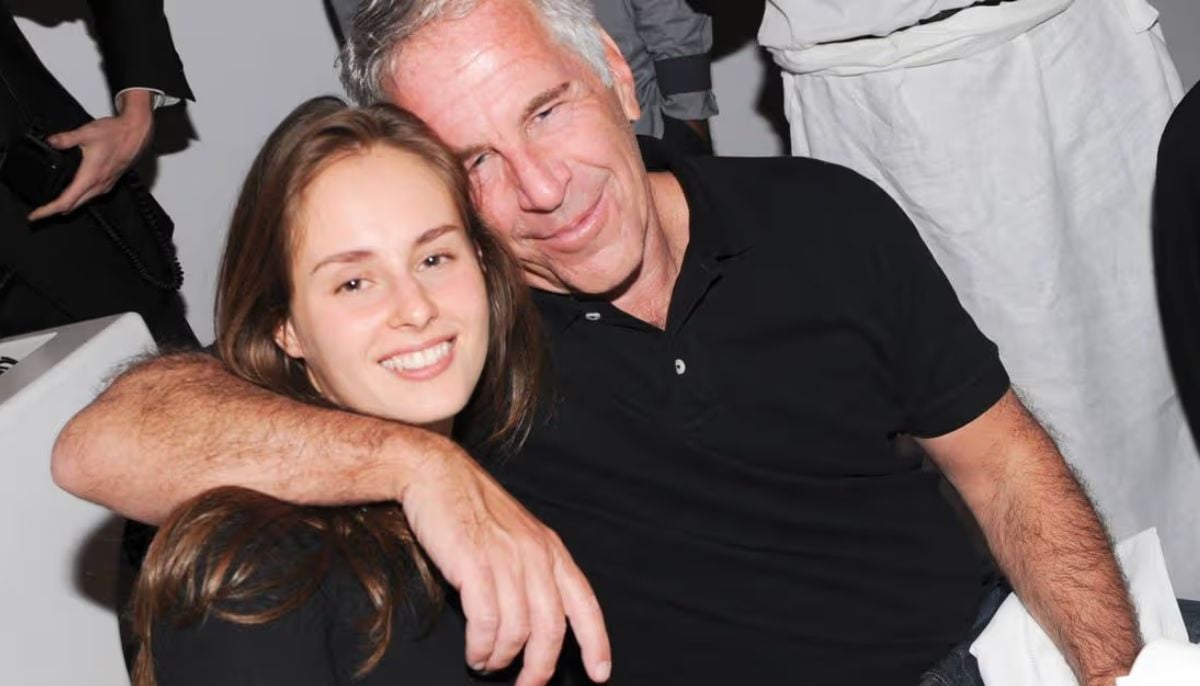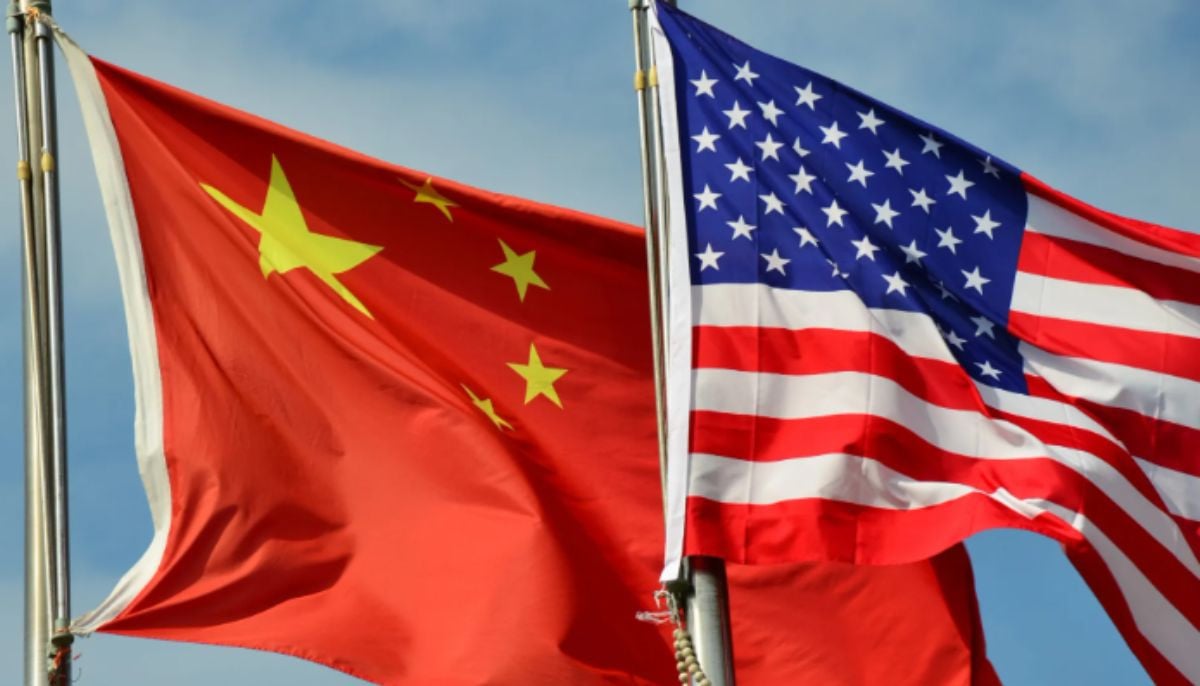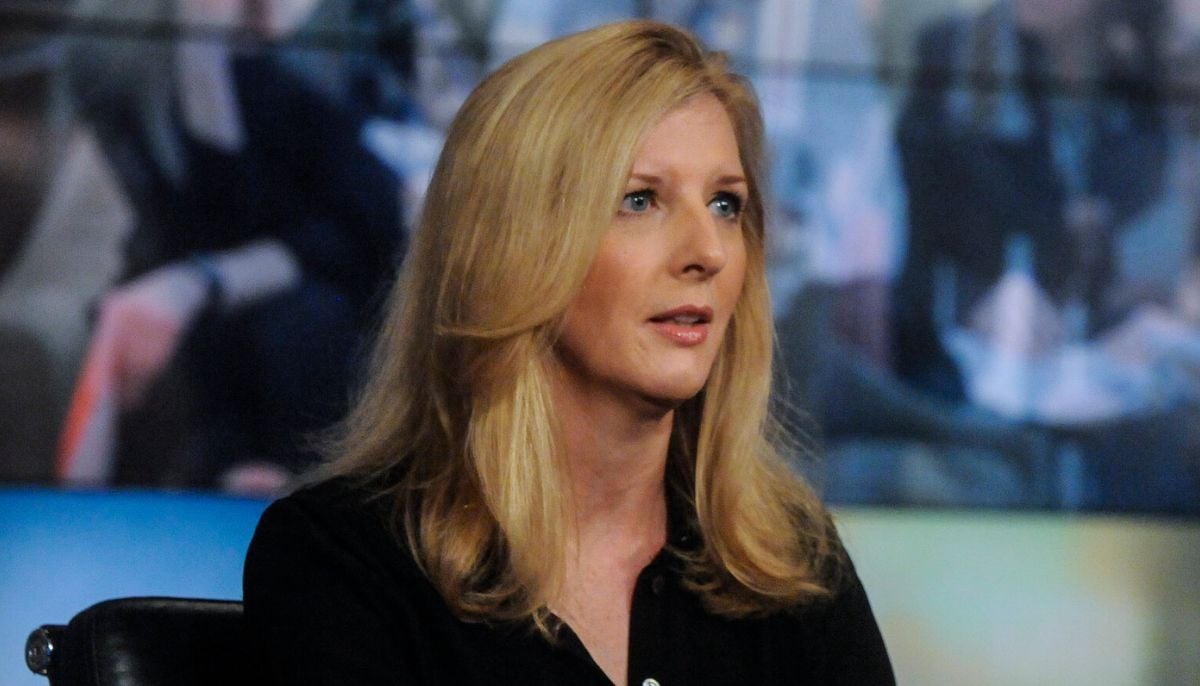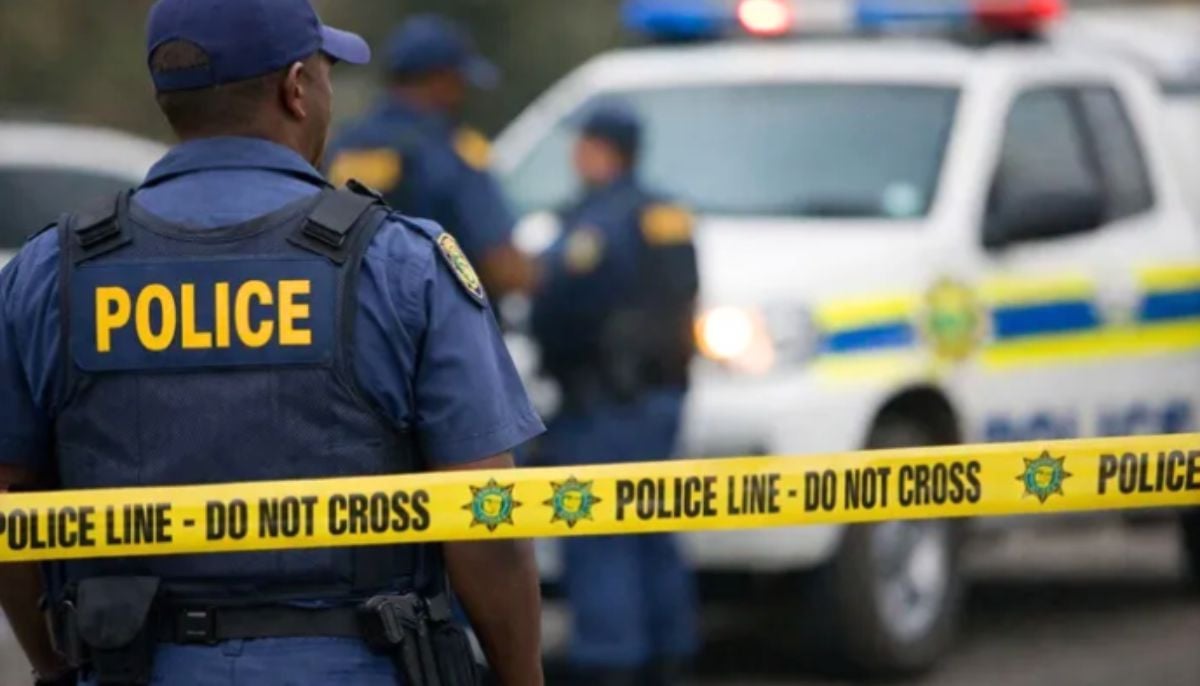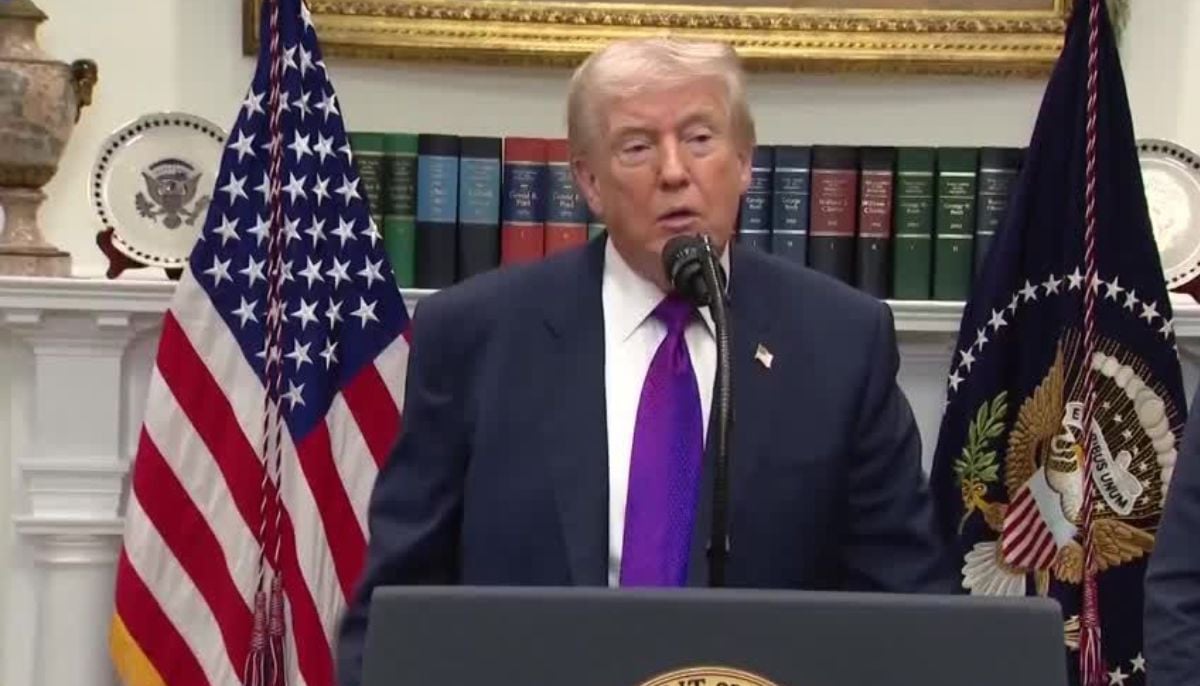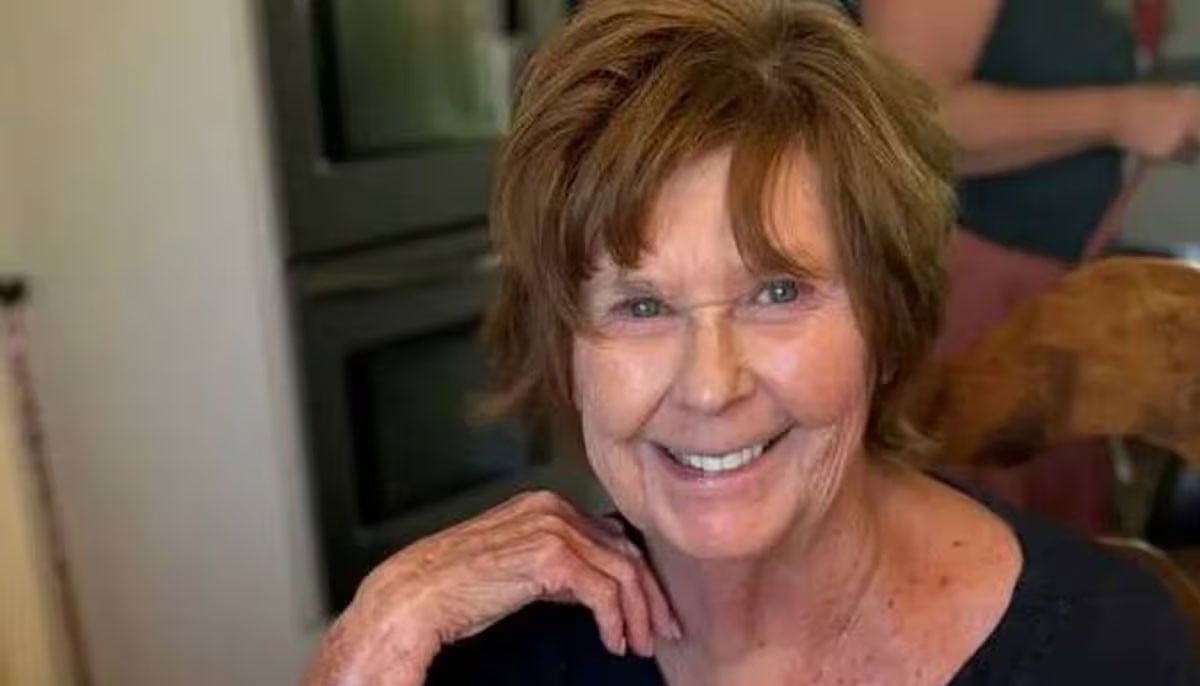After years in the dark, Gaza´s power woes ease
UN humanitarian officials report an average of between nine and 11 hours per day since October 25.
Gaza City, Palestinian Territories- The lights are going back on in the Gaza Strip, in a rare piece of positive news from the blockaded Palestinian enclave.
In recent days, residents say they have received up to 16 hours of mains electricity a day, compared with as little as four previously.
UN humanitarian officials report an average of between nine and 11 hours per day since October 25.
It is the result of a landmark six-month deal, part of efforts to end unrest along the border between Israel and the Gaza Strip that has raised fears of a fourth war since 2008.
The deal emerged amid ongoing indirect negotiations between the strip´s Islamist rulers Hamas and Israel, mediated by the UN and Egypt, in hopes of reaching a long-term truce.
The fuel agreement, whose first deliveries arrived on October 9, has provided the most power to Gaza residents in years.
The tentative results are showing in the enclave´s beleaguered economy: companies able to work longer, restaurant costs falling, and even an increase in ice cream.
Margins are tight for Kamal Fattoum´s two-man box factory in Gaza City and his meagre profits would evaporate if he were to run a generator.
He only uses the heavy equipment needed for the hours he has mains electricity, so his work day had shortened in tandem with Gaza´s dwindling power supply.
The uptick has had an immediate impact.
"Instead of working for four hours we can work for eight or more," he explained.
- Abbas opposed -
Last month´s deal sees Qatar pay $60 million for fuel delivered to Gaza´s sole power station.
The deliveries are sent through Israel, which agreed on condition the United Nations monitors them to avoid interference by Hamas, which it accuses of diverting humanitarian aid.
The deal was made without the backing of the internationally recognised Palestinian Authority, based in the occupied West Bank and run by president Mahmud Abbas.
Abbas lost control of Gaza to Hamas in a 2007 near civil war, prompting Israel´s crippling blockade it says is necessary to keep the Islamist movement that has called for its destruction from obtaining weapons or materials to make them.
Egypt had also kept its border with Gaza mostly closed in recent years before opening it in May.
UN officials and rights groups have called for the blockade to be lifted, saying it has helped impoverish the two million people stuck in the cramped enclave.
Hamas-backed border protests and clashes that began on March 30 have led to more than 200 Palestinians and one Israeli being killed.
International powers have traditionally sought Abbas´s support before carrying out aid programmes in Gaza, but he opposed this agreement, saying it legitimises Hamas´s rule.
He has also imposed punitive measures on Gaza.
Unable to get Abbas to back the deal, UN envoy Nickolay Mladenov and others worked around him.
-
US, China held anti-narcotics, intelligence meeting: State media reports
-
Goldman Sachs’ top lawyer resigns over Epstein connections
-
Manhunt continues for suspect who killed 2 at South Carolina State University
-
Trump considers scaling back trade levies on steel, aluminium in response to rising costs
-
Trump revokes legal basis for US climate regulation, curb vehicle emission standards
-
DOJ blocks Trump administration from cutting $600M in public health funds
-
Scientists find strange solar system that breaks planet formation rules
-
Woman calls press ‘vultures’ outside Nancy Guthrie’s home after tense standoff
